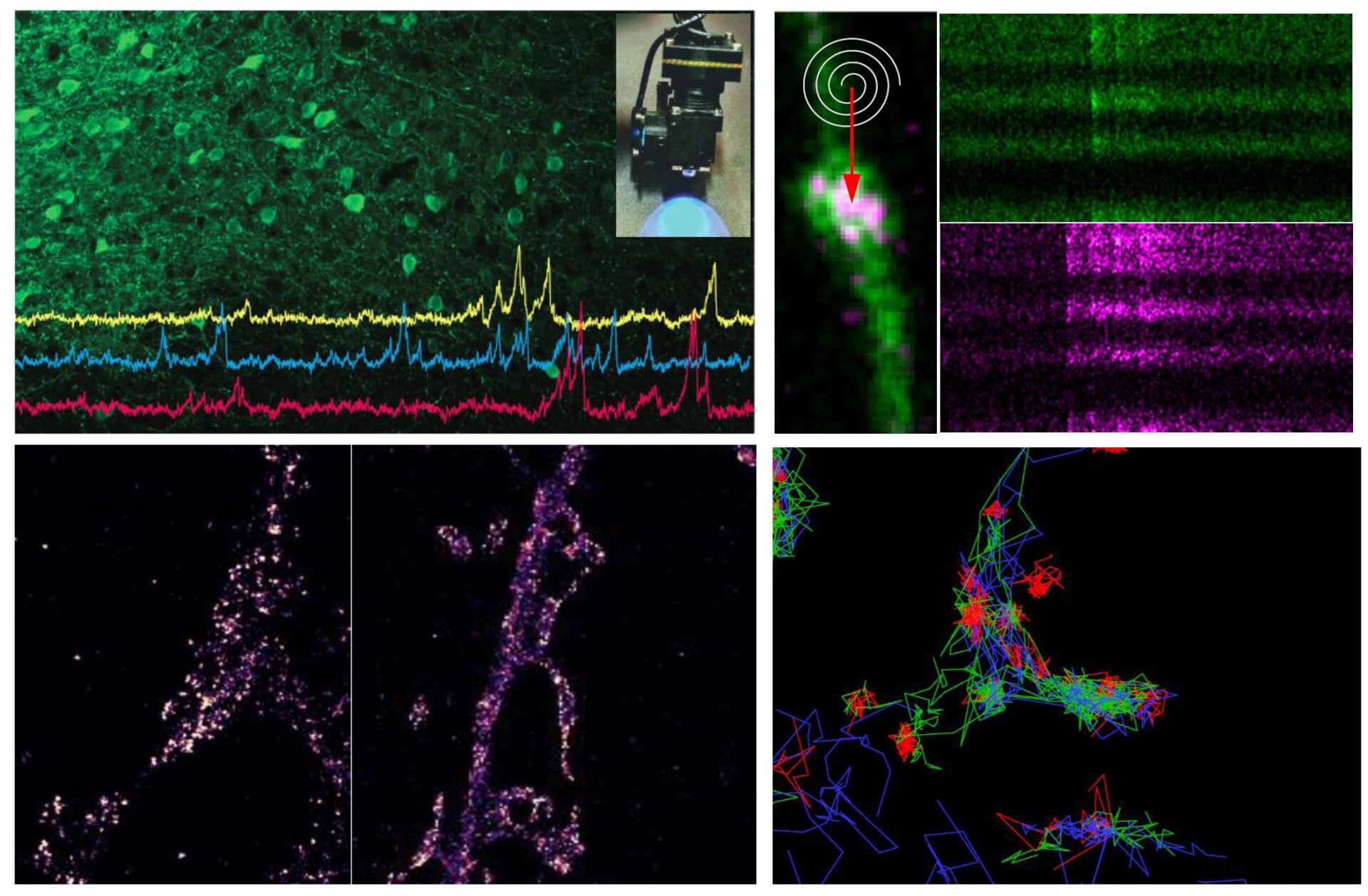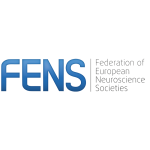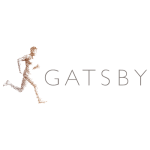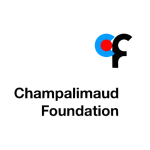Course overview
Rapid advances in live imaging of targeted cellular morphologies and functions underpin the emerging revolution in our understanding of synapses, circuits, and behaviour. This Cajal course will assemble, as international faculty, leading experts in developing and exploiting cutting-edge imaging techniques that have been propelling such advances. How to combine genetically encoded fluorescence labelling with behavioural designs, micro-circuit monitoring, or single-molecule tracking, how to avoid pitfalls of having false-positive observations and inherent noise, how to best analyse your multi-dimensional data will be, among others, the recurrent subjects of the course. An intense programme of lectures and seminars will be combined with supervised, hands-on practical training modules and group assignments using experimental setups and tools provided by the world-leading research environment of the Bordeaux School of Neuroscience.
Course partner
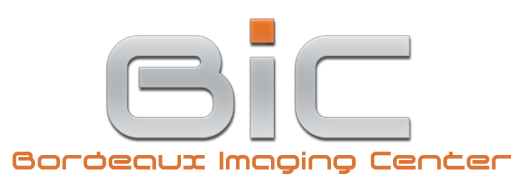
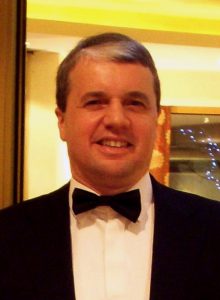
Dimitri Rusakov
Course Director
UCL Queen Square
Institute of Neurology
United Kingdom

Tatiana Korotkova
Co-Director
Neuronal circuits and behaviour
MPI for Metabolism Research
Germany
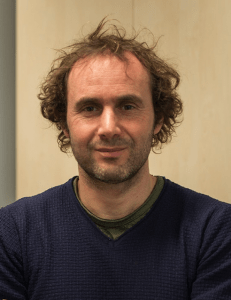
Grégory Giannone
Co-Director
CNRS, IINS UMR 5297
University of Bordeaux
France
Keynote speakers
Thomas Blanpied – University of Maryland School of Medicine, USA
Daniel Choquet – IINS, University of Bordeaux, France
Rosa Cossart – CNRS, Inserm – INMED, Aix-Marseille Université, France
Olga Garaschuk – University of Tuebingen, Germany
Laurent Groc – IINS, University of Bordeaux, France
Michael Hausser – University College London, UK
Christian Henneberger – University of Bonn, Germany
Christophe Leterrier – INP CNRS-AMU UMR 7051,
Aix-Marseille Université, France
Valentin Nagerl – University of Bordeaux, France
Tim Ryan – Weill Cornell Medical College, USA
Ilaria Testa – KTH Royal Institute of Technology, Sweden
Andrea Volterra – University of Lausanne, Switzerland
Kirill Volynski – University College London, UK
Instructors
Stephane Bancelin – University of Bordeaux, France
Francisco de los Santos – MPI Cologne, Germany
Yulia Dembitskaya – University of Bordeaux, France
Ani Jose – IINS, University of Bordeaux, France
Olga Kopach – University College London, UK
Philipe R. F. Mendonça – University College London, UK
Dragomir Milovanovic – Charité University Clinic, Berlin, Germany
Christian Hoffmann – Charité University Clinic, Berlin, Germany
Jakob Rentsch– Charité University Clinic, Berlin, Germany
Petr Unichenko – University College London, UK
Olga Tiurikova – University College London, UK
Hanna Van Den Munkhof – MPI Cologne, Germany
Kaiyu Zheng – University College London, UK
Olivier Nicole – IINS, University of Bordeaux, France
Julien Dupuis – IINS, University of Bordeaux, France
Xuesi Zhou – IINS, University of Bordeaux, France
Course content
Topics & Techniques
Students will learn:
– Super-resolved organisation of the synaptic cleft.
– Nanoscale monitoring and probing of NMDA receptors.
– Super-Resolution probing of the axonal initial segment.
– RESOLFT nanoscopy.
– Super-Resolution Imaging of Brain Nano-Structure In Vivo.
– Nanoscale imaging and manipulation of synapse function to study the brain.
– Monitoring molecular machinery of synaptic plasticity.
– Probing the molecular basis of synaptic transmission.
– Optical sensors for neurotransmitters.
– Multiplexed imaging of presynaptic function.
– Ca2+ regulation of synaptic vesicle fusion in central synapses.
– Optical monitoring of volume transmission.
– Studying astrocytes in synaptic function with 1D-to-3D two-photon Ca2+ imaging.
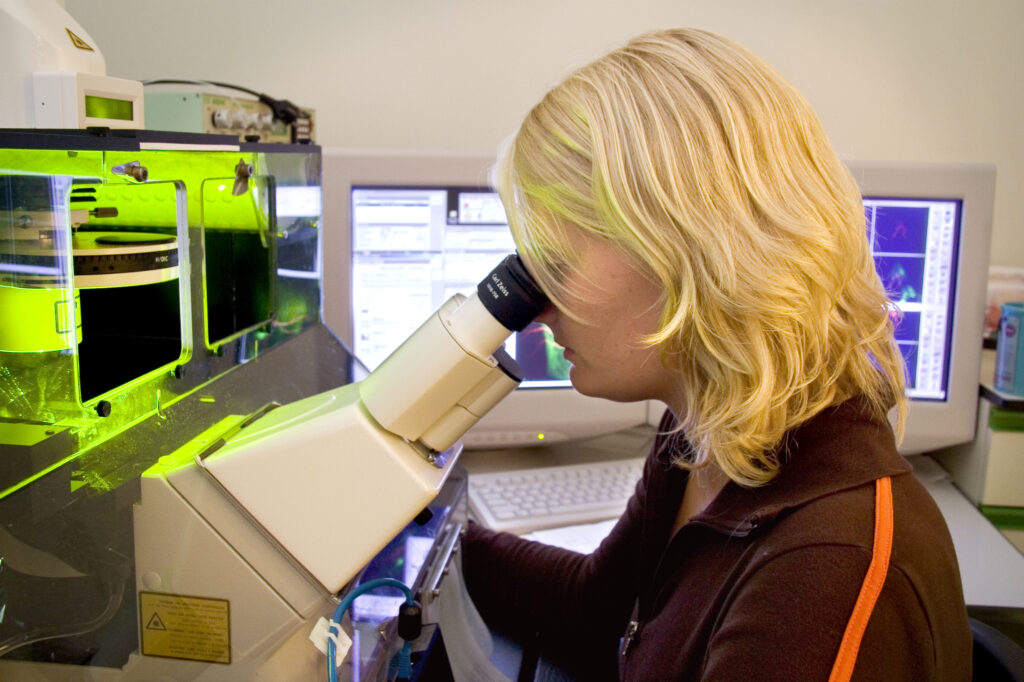
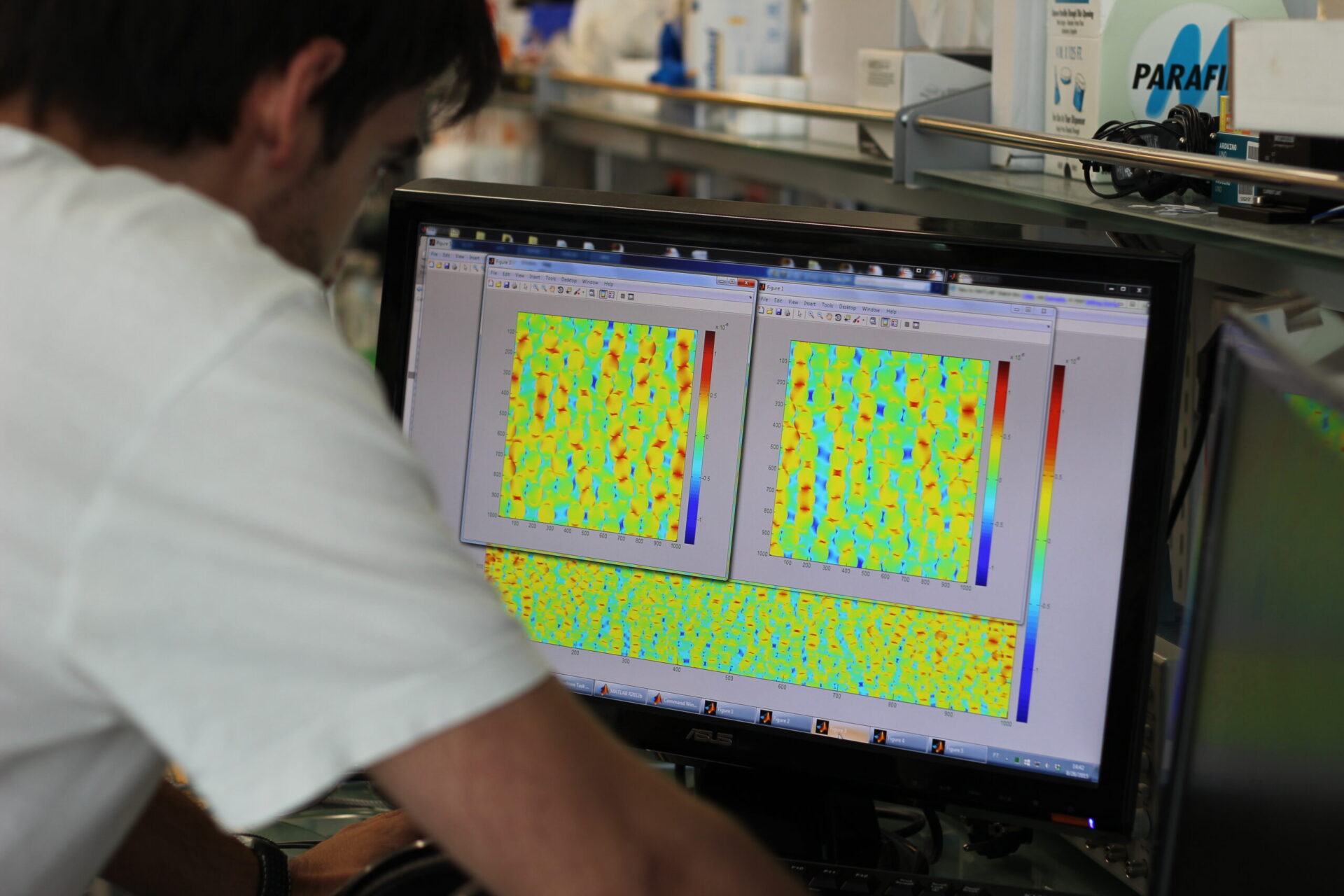
Projects
For more information on projects download the “Programme info”
- Project 1: “Imaging prefrontal cortex neurons encoding social information”.
- Project 2: “Imaging hippocampal place cells in freely moving animals”.
- Project 3: “FRET imaging of NMDA receptor co-agonists dynamics”.
- Project 4: “Assessing the mechanosensitive properties of the membrane periodic skeleton
(MPS) in neurons”. - Project 5: “RESOLFT nanoscopy to study the fast reorganization of dendritic spines”.
- Project 6: “Single synapse imaging of glutamate release and pre-synaptic Ca2+ for study of
pre-synaptic receptor function and short-term synaptic plasticity”. - Project 7: “Quantitative intracellular calcium measurements using fluorescent lifetime
imaging microscopy”. - Project 8: “A viral strategy for targeting and manipulating principal neurons: probing the
glutamatergic synapse function at multi-synapse imaging approach”. - Project 9: “Probing of astroglial Ca2+ dynamics in organised brain tissue through
fluorescent intensity and lifetime measurements”. - Project 10: “Multicolor multiphoton imaging of single synaptic release sites in vivo”.
- Project 11: “High spatial-temporal imaging of a heterogeneous population of synapses in
neuronal cultures using the iGluSnFR probe”. - Project 12: “Super-resolution shadow imaging in the mouse brain”.
- Project 13: “Dual color single particle tracking to study membrane receptors dynamics”.
- Project 14: “Imaging tripartite synapses using super-resolution microscopy”.
- Project 15: “Nanoscale organization and dynamics of synapsin condensates”
For more information on projects and techniques which will be taught at the course, download the projects list.
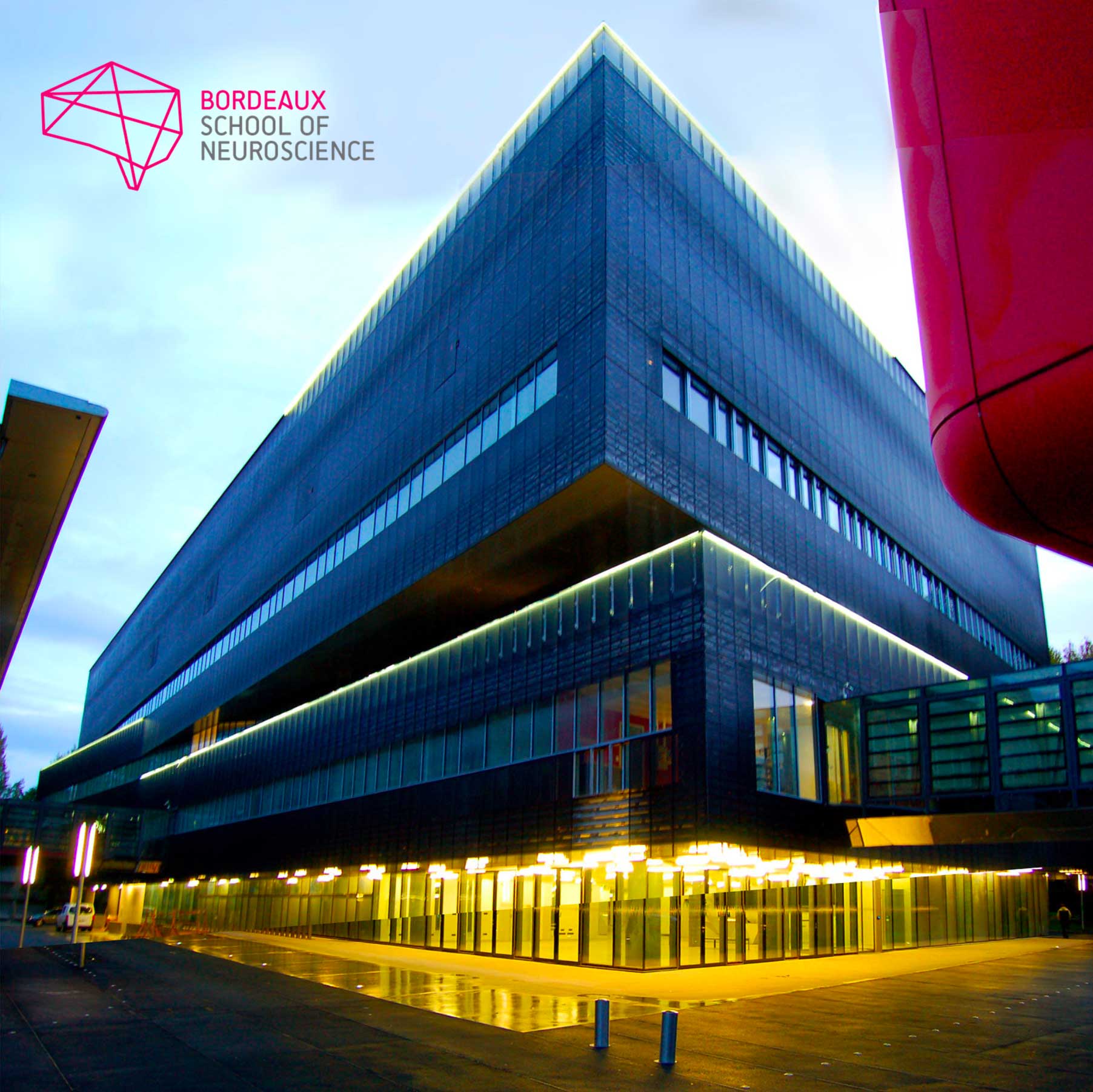
Bordeaux School of Neuroscience, France
The Bordeaux School of Neuroscience is part of Bordeaux Neurocampus, the Neuroscience Department of the University of Bordeaux. Christophe Mulle, its current director, founded it in 2015. Throughout the year, renowned scientists, promising young researchers and many students from any geographical horizon come to the School.
The school works on this principle: training in neuroscience research through experimental practice, within the framework of a real research laboratory.
Facilities
Their dedicated laboratory (500m2), available for about 20 trainees, is equipped with a wet lab, an in vitro and in vivo electrophysiology room, IT facilities, a standard cellular imaging room, an animal facility equipped for behavior studies and surgery and catering/meeting spaces. They also have access to high-level core facilities within the University of Bordeaux. They offer their services to international training teams who wish to organize courses in all fields of neuroscience thanks to a dedicated staff for the full logistics (travels, accommodation, on-site catering, social events) and administration and 2 scientific managers in support of the experimentation.
Registration
Fee : 3.500 € (includes tuition fee, accommodation and meals)
Application call closed on 5 July 2021
The CAJAL programme offers 4 stipends per course (waived registration fee, not including travel expenses). Please apply through the course online application form. In order to identify candidates in real need of a stipend, any grant applicant is encouraged to first request funds from their lab, institution or government.
Kindly note that if you benefited from a Cajal stipend in the past, you are no longer eligible to receive this kind of funding. However other types of funding (such as partial travel grants from sponsors) might be made available after the participants selection pro- cess, depending on the course.

